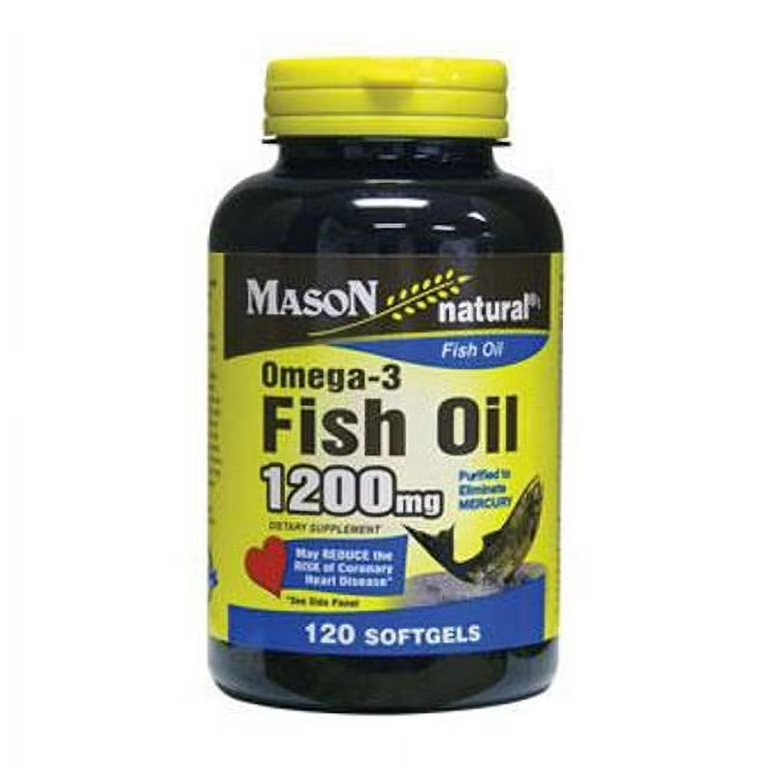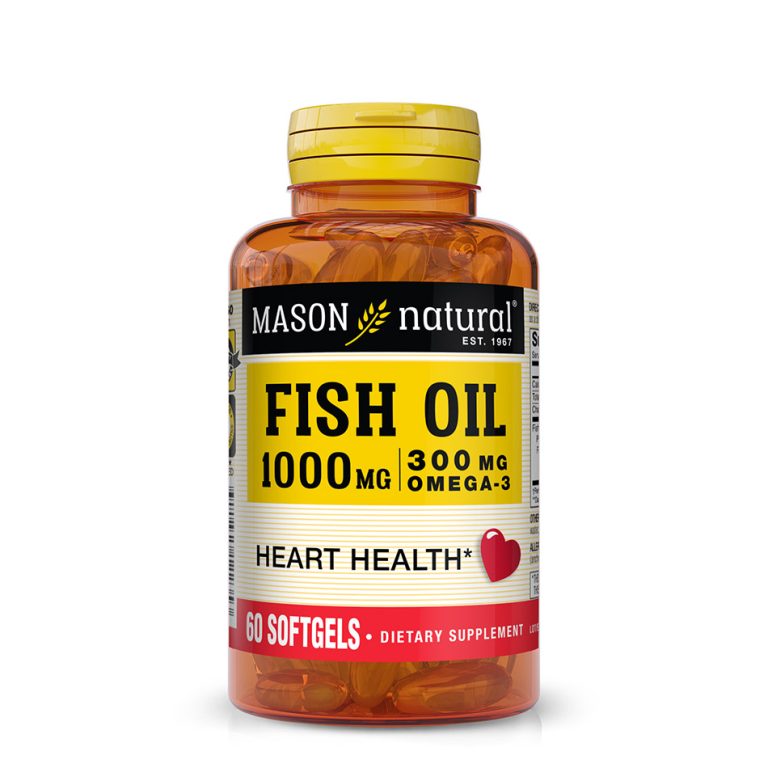
Unveiling the Differences: Is Omega-3 the Same as Fish Oil?
Is Omega-3 the Same as Fish Oil?
Omega-3 fatty acids and fish oil often appear interchangeable. However, they are not synonymous. Understanding their differences holds great significance for health enthusiasts and consumers alike.
What Are Omega-3 Fatty Acids?
Omega-3 fatty acids are polyunsaturated fats. They are essential for human health. The body cannot produce them, which is why they are indispensable in the diet. Three main types of omega-3 fatty acids exist: ALA, EPA, and DHA. ALA, or alpha-linolenic acid, comes primarily from plant sources. Flaxseeds and walnuts are rich in ALA. On the other hand, EPA and DHA are mainly found in marine sources, such as fish and algae.
Transitioning to a discussion about health benefits, omega-3 fatty acids contribute significantly to well-being. They are known to reduce inflammation throughout the body. This reduction is crucial because chronic inflammation is linked to many diseases, including heart disease. Omega-3s also support brain health. Studies suggest they may reduce the risk of cognitive decline as individuals age.
In addition, omega-3 fatty acids play a role in mental health. They have been linked to reduced symptoms of depression and anxiety. Moreover, consuming sufficient amounts may improve overall mood. Therefore, ensuring an adequate intake of omega-3s can have far-reaching effects.
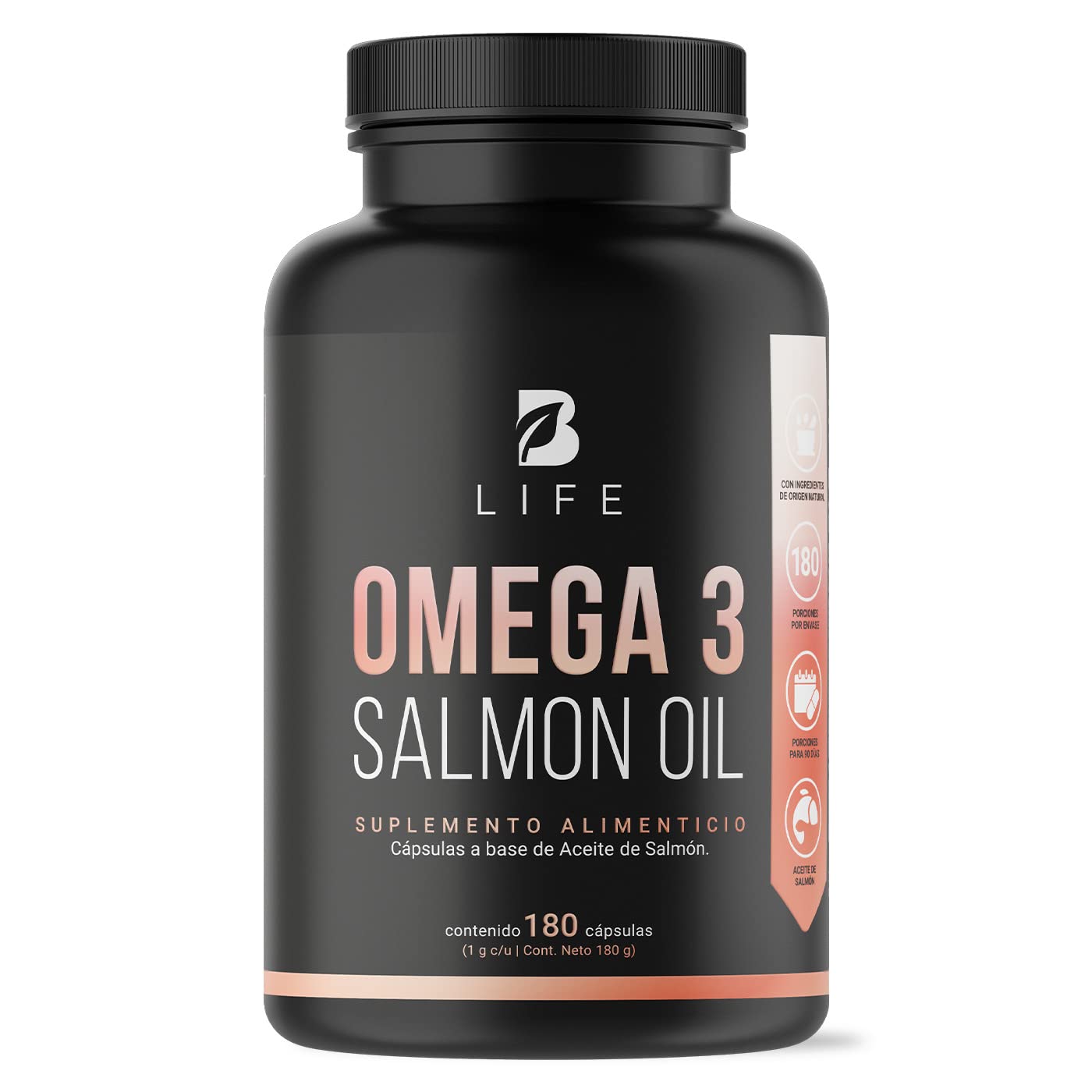
What is Fish Oil?
Fish oil is a product derived from the tissues of oily fish. Common fish sources include salmon, mackerel, and sardines. Fish oil is rich in EPA and DHA, making it a potent source of omega-3s. Many people take fish oil supplements to boost their omega-3 intake. These supplements are available in various forms, including liquid, capsules, and gummies.
When considering the benefits of fish oil, one cannot overlook its cardiovascular advantages. Regular consumption has been associated with lower triglyceride levels. Consequently, this helps to reduce the risk of heart disease. Furthermore, fish oil encourages better circulation and overall heart health.
Transitioning to another significant aspect, fish oil can contribute to joint health. Individuals with arthritis commonly benefit from its anti-inflammatory properties. Fish oil supplements may help reduce stiffness and joint pain. This improvement leads to enhanced mobility and a better quality of life for many.
The Omega-3 and Fish Oil Relationship
While omega-3 fatty acids and fish oil differ, their relationship is clear. Fish oil serves as an important dietary source of omega-3s. Therefore, incorporating fish or fish oil supplements aids in achieving adequate omega-3 intake. However, many individuals do not consume enough fish to meet daily needs. This is where supplements play a crucial role. They offer a convenient option to bridge the gap.
Furthermore, it’s worth noting that not all fish oils are equal. Quality varies significantly among products. For maximum benefits, choosing high-quality fish oil supplements is vital. This ensures proper levels of EPA and DHA without harmful contaminants. Thus, consumers must read labels and consult healthcare professionals about the best options.
Additionally, there is an environmentally conscious consideration when choosing fish oil. Sustainability practices in fishing are crucial. Overfishing poses risks to marine ecosystems, affecting future omega-3 supply. Therefore, choosing sustainably sourced fish oil products becomes increasingly important. This decision contributes to both personal health and environmental consciousness.

Health Benefits of Omega-3 Fatty Acids
The health benefits of omega-3 fatty acids are well-documented. They play a pivotal role in heart health. Research demonstrates that omega-3s can lower levels of triglycerides. They also help to reduce blood pressure and narrow the arteries. As a result, these benefits contribute to a lower risk of cardiovascular diseases.
Moreover, omega-3s support brain health, enhancing cognitive function. They are essential for building cell membranes in the brain. Additionally, studies suggest that they improve learning and memory. Thus, omega-3s are vital for individuals of all ages.
Furthermore, omega-3 fatty acids can improve eye health. DHA is present in high concentrations in the retina. Consuming adequate amounts may lower the risk of age-related macular degeneration. This eye condition leads to vision loss in older adults. Hence, including omega-3s in the diet can help protect vision.
In addition, omega-3 fatty acids promote mental health. Research shows that they may reduce symptoms of anxiety and depression. This anti-inflammatory effect plays a key role in mental well-being. People looking to improve their mood may find omega-3s beneficial. Transitioning to their effect on pregnancy, omega-3s support fetal development. Pregnant women who consume enough omega-3s may improve their child’s brain development and reduce the risk of learning disabilities.
Fish Oil as a Source of Omega-3
Fish oil is one of the richest sources of omega-3 fatty acids. Many people rely on fish oil supplements to fulfill their omega-3 needs. Eating fish is beneficial, but not everyone consumes it regularly. Therefore, supplements become essential for achieving recommended omega-3 intake.
When selecting fish oil supplements, quality matters significantly. Some products may contain low levels of EPA and DHA. Additionally, contaminants such as mercury or PCBs can pose health risks. Therefore, it is crucial to choose products that undergo rigorous testing. Certifications from reputable organizations offer peace of mind for consumers.
Moreover, various forms of fish oil are available. Liquid, encapsulated, and gummy forms cater to different preferences. While liquid fish oil may be more potent, capsules offer convenience. Gummies appeal to those who dislike the taste of oily fish.
Transitioning to dosage, the recommended daily intake of omega-3s varies. Health organizations suggest at least 250–500 mg of combined EPA and DHA daily. However, individuals with specific health conditions may require higher doses. Consulting with a healthcare professional is essential to determine appropriate dosages. They can provide personalized recommendations based on individual needs.
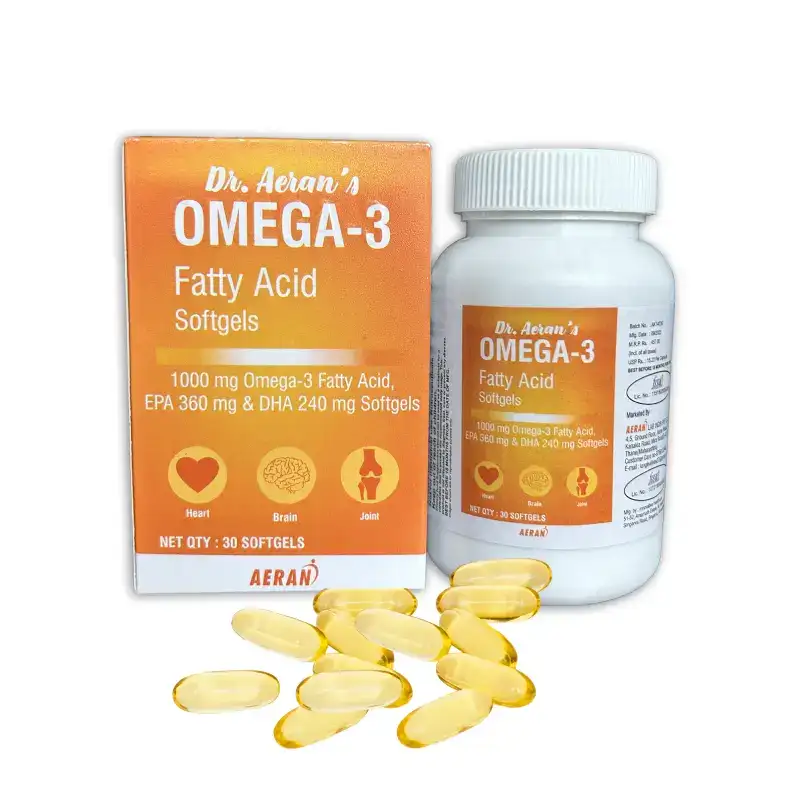
Plant-Based Omega-3 Alternatives
While fish oil is a well-known source of omega-3s, it is not the only option. Plant-based sources of omega-3s exist and cater to vegetarian and vegan diets. Flaxseeds, chia seeds, walnuts, and hemp seeds are abundant in ALA. ALA is another form of omega-3, although it needs conversion in the body to become EPA and DHA.
Transitioning the discussion to the conversion process, it is essential to note that not all ALA gets converted efficiently. Studies indicate that only about 5-10% of ALA converts into EPA and about 2-5% into DHA. Therefore, those relying solely on plant sources may not obtain adequate levels of EPA and DHA.
In light of this, supplementation may be necessary. Algal oil is an excellent alternative for those seeking a plant-based source of EPA and DHA. Algal oil is derived from algae and contains significant amounts of these essential omega-3s. Choosing algal oil offers a sustainable and vegetarian-friendly option.
Additionally, including various food sources in the diet helps achieve a balanced omega-3 intake. Ensuring a diet rich in both ALA and its long-chain counterparts rounds out nutritional needs. This diversity in diet supports overall health.
Lastly, it’s worth noting that individuals can achieve a balanced omega-3 intake through mindful dietary choices. Planning meals can ensure a variety of sources. A diet rich in nuts, seeds, and oily fish provides optimal nutrition. Transitioning towards a holistic approach to nutrition promotes better overall health.
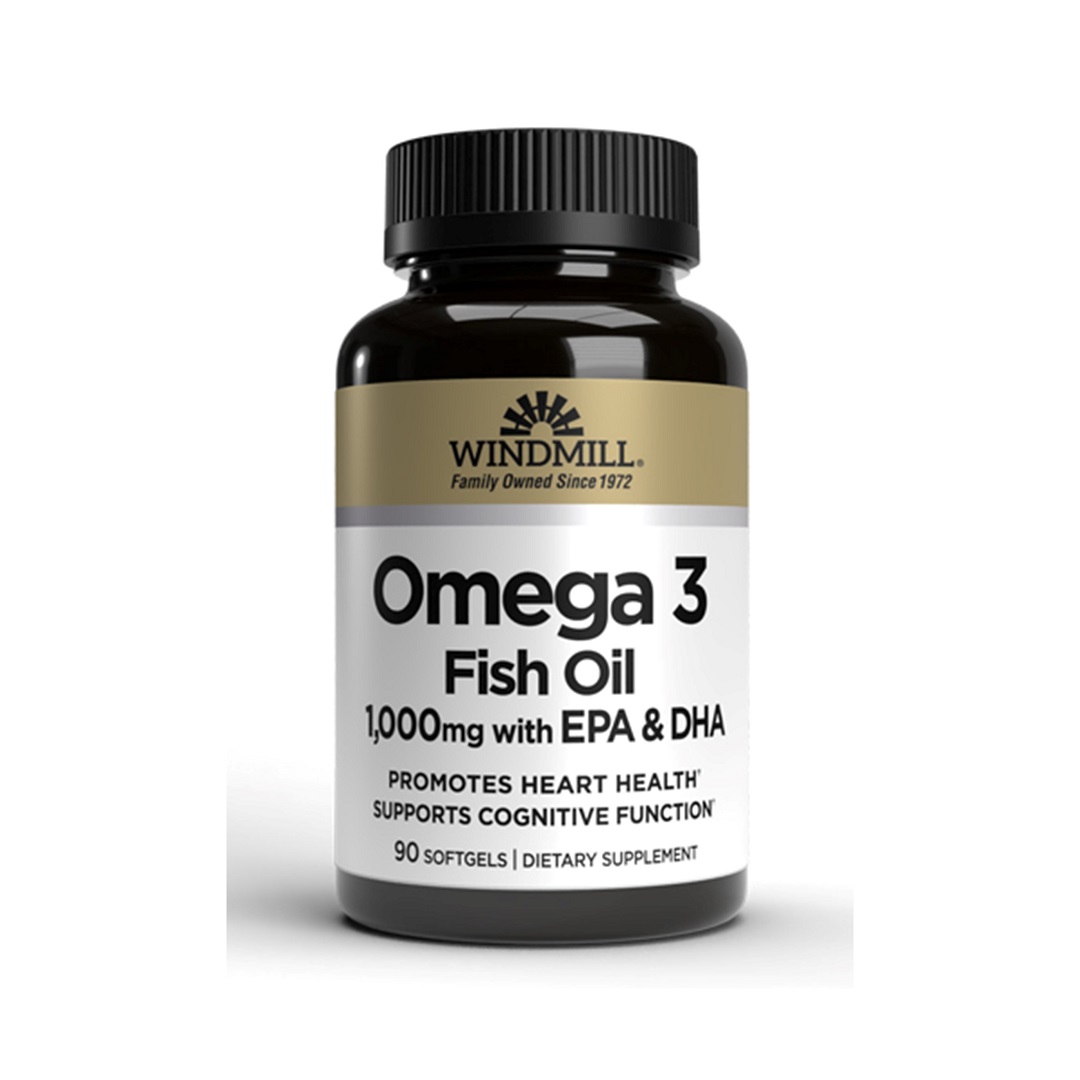
Recommended Intake of Omega-3s
Understanding the recommended intake of omega-3s is crucial for optimal health. Various organizations provide guidelines for daily consumption. The American Heart Association recommends at least two servings of fish weekly. This translates to around 500 mg of EPA and DHA daily.
For individuals with specific health needs, higher doses may be necessary. Those with elevated triglycerides may require 2-4 grams of EPA and DHA daily. It is essential to consult a healthcare professional for personalized recommendations. They can assess individual needs and lifestyle factors.
Additionally, individuals following a vegetarian or vegan diet should consider supplementation. Plant sources primarily provide ALA, which requires conversion to be beneficial. Algal oil supplements can offer an adequate source of DHA and EPA without relying solely on fish.
It’s also important to note that excessive omega-3 intake can have adverse effects. High doses may lead to bleeding issues and interfere with blood clotting. Therefore, achieving the right balance is essential. Moderation truly is key when incorporating omega-3s into the diet.
Furthermore, maintaining a variety of sources helps to achieve adequate omega-3 levels. Including a mix of fish, plant sources, and supplementation allows for comprehensive coverage. Transitioning to other dietary aspects should not undermine the importance of omega-3 intake.

Conclusion: Choosing the Right Omega-3 Source
In conclusion, while omega-3 fatty acids and fish oil are closely related, they are not the same. Omega-3s are essential fatty acids, while fish oil is a rich source of EPA and DHA. Understanding this difference is critical for making informed dietary choices.
When choosing an omega-3 source, consider individual dietary preferences and needs. For those who consume fish, incorporating more fatty fish into meals is beneficial. For individuals following plant-based diets, exploring alternatives like flaxseeds and algal oil is essential.
Additionally, quality matters when selecting fish oil supplements. Opting for high-quality products ensures contamination-free omega-3s. Reading labels and choosing reputable brands is crucial. Consulting a healthcare professional can help determine personalized dosage requirements. They can guide supplement selection based on individual health goals.
Ultimately, a balanced approach to omega-3 intake promotes better health. Including a variety of sources underscores the importance of nutrition. Whether through fish, supplements, or plant-based alternatives, ensuring adequate omega-3 consumption is vital.
Making informed decisions enhances overall well-being and health. Understanding the nuances between omega-3 fatty acids and fish oil strengthens that foundation. Prioritizing omega-3 intake can lead to a healthier future. Explore options, experiment with foods, and embrace the health benefits of omega-3s.
